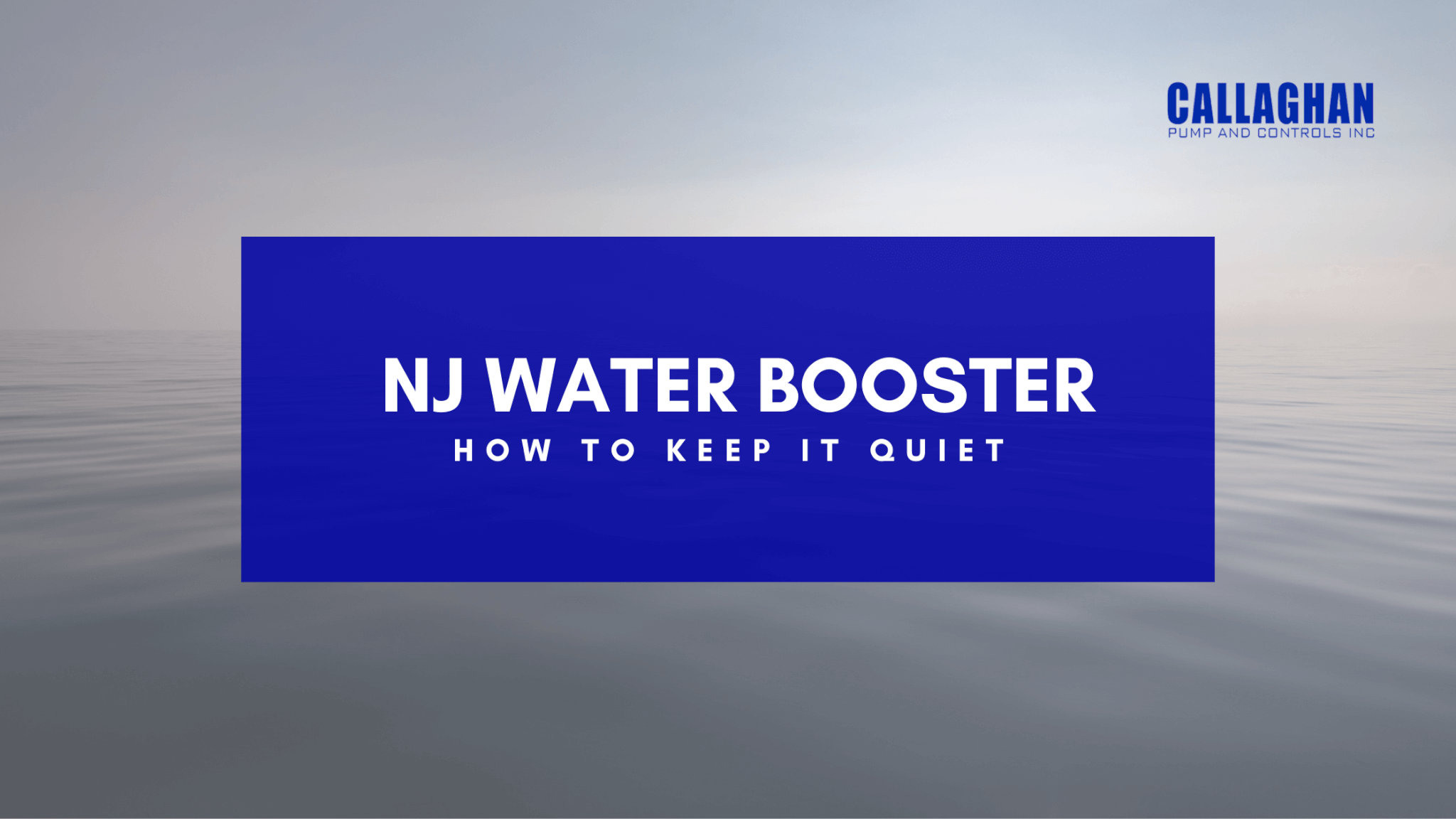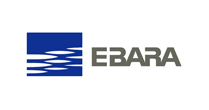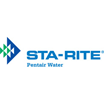
August 4th, 2022
Whether you are an engineer, homeowner, facility manager, or tenant, you may know the vital role an NJ Water Booster Pump plays in providing sufficient water pressure to every water source within the building. However, one of the most common problems associated with booster pumps, especially the older ones, is the noise coming from the system. This often attracts complaints from residents who have been woken in the early hours of the morning by the pump noise.
In this blog post, we will cover a few reasons why booster pumps make noise and how you can control it. Let’s jump in!
Noises from water booster pumps can be annoying for you and your neighbors. In most cases, they indicate serious problems in your water supply system. It may be difficult to identify the source of the issue, but here are some of the most common reasons:
Also, water boosters with older centrifugal pumps that use fan-cooled motors often create vibrations. These vibrations result in more noise throughout the system. On top of that, inefficient pumps that run constantly without need, or poorly installed pumps that are not secured to the floor can cause vibrations and noises.
To keep your water booster pump quiet, you have to factor in the type of pump and the materials around the location of the pump. Think about pump vibrations during the installation process. The way you install it can increase (or decrease) the noise it makes.
Make sure you don’t install the pump directly to copper lines. This is because the vibrations of the pump may transfer to the copper and sound annoying. Instead, you can use a flex connector for the inlet and outlet to reduce the sound. Below are some more tips to keep your NJ Water Booster Pumps quiet:
Using the right equipment is key to achieving any task successfully. And it’s the same with your pumping system, where it’s important to invest in the right NJ Water Booster Pump. In older buildings, you may see inefficient pumping systems that are being used to boost water pressure. Not only do they result in lower efficiency and higher bills, they also create excessive noise. So, invest in an efficient system that’s tailored to your requirements.
Following a smart selection process is important, but choosing the right location of the pump is essential for achieving zero sound disruption. Generally speaking, we advise that the pump is installed in an enclosed space. It should be a sound-proofed control room. Keep in mind that regardless of your pump positioning, complete cancellation of noise will be difficult if you are using an inadequate system.
Vibrations usually come from the pipework or the pumping system itself. By using vibration isolators, you can ably reduce noises coming from your pump. This method depends on the level of vibrations your booster system is generating. For instance, if your pump is producing a low level of noise, a vibration matt would be a simple and cost-effective method of control. For mid-level vibrations, vibration springs or mounts would be great in absorbing the vibrations coming from the pump. Lastly, an inertia base can be built for pumps with high levels of vibration.
Though this won’t stop the vibrations coming from the pump, it will surely insulate the hum and buzzing sounds. Keep in mind that you don’t have to build the foam box too tightly around the shower pump, since this may cause the motor to overheat. It would be a great idea to fit the box with air vents and seal any cupboards/doors with draft strips. When the pump room is completely sealed, it can heat up and cause the pump to trip out. Thus, draft strips can be used to offer a balance between pump noise reduction and ventilation.
As your pumping system ages, components like bearings start to wear down. They may end up being noisy. So, it is essential that these components are regularly inspected. Replace them when necessary to prevent noises and further damage to the system. Create a proper pump maintenance plan to prevent any failure within your system. Check the valves, pressure gauges, alarms, bearings, and other components of the booster pump. And don’t forget to take note of any unusual noises.
So, these are the tips you need to keep your NJ Variable Booster Pump quiet. At Callaghan Pump, we provide an all-encompassing service for the distribution of NJ Variable Booster Pumps. Our team focuses on creating noise-reducing pumping solutions that aim to emit an extremely low operating noise whilst maintaining the highest level of performance and efficiency. So, if you are considering a booster pump for your building, you can’t go wrong with our new range of NJ Water Booster Pumps.
Get in touch with us to learn more.
john@callaghanpump.com,
eileen@callaghanpump.com,
dan@callaghanpump.com,
sales@callaghanpump.com,
service@callaghanpump.com












